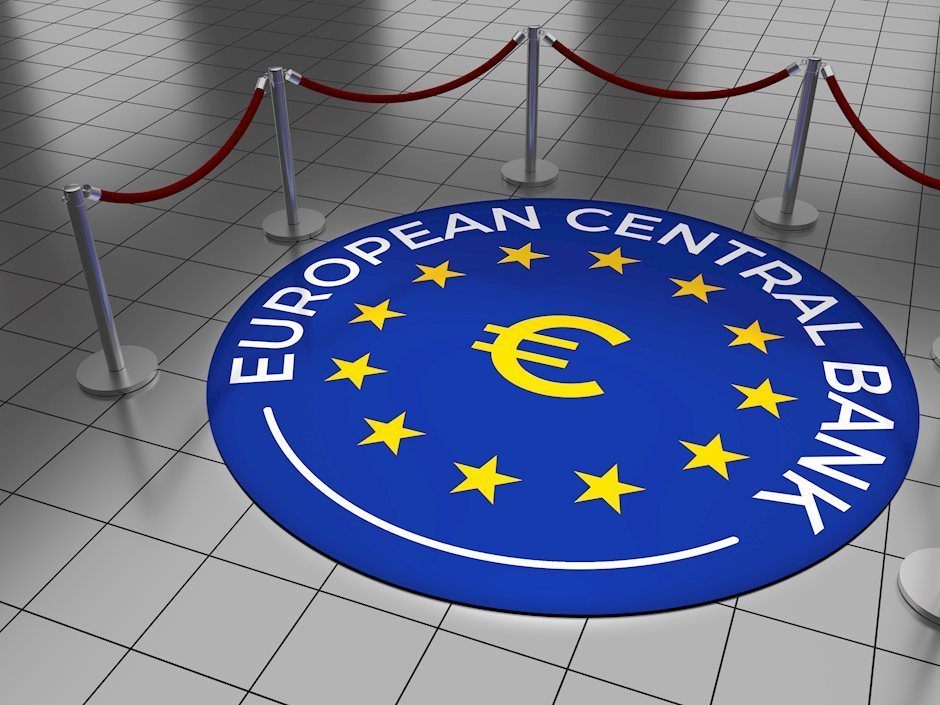ECB’s October rate decision is seen as wide open – Reuters

Citing seven sources, Reuters reported on Thursday that the “European Central Bank’s (ECB) October rate decision is seen as wide open.”
Additional takeaways
ECB doves to fight for October rate cut after weak data.
Push for October rate cut likely to face resistance from ECB hawks arguing for pause.
Some sources raised a compromise solution in which rates are kept on hold in October but a strong hint is given about a likely December cut if data doesn't improve. But this would contradict the ECB's "meeting by meeting" approach.
Traders have increased their bets on an October rate cut after the recent weak Euro area business surveys and German sentiment data. Money markets now see an 80% likelihood of the ECB lowering its deposit rate by 25 basis points (bps) to 3.25%, compared to a 50% chance at the start of this week.
Markets are pricing in about 50 bps of rate cuts in total by the year-end.
Market reaction
EUR/USD has pared gains to trade flat at around 1.1135 following this report.
ECB FAQs
The European Central Bank (ECB) in Frankfurt, Germany, is the reserve bank for the Eurozone. The ECB sets interest rates and manages monetary policy for the region. The ECB primary mandate is to maintain price stability, which means keeping inflation at around 2%. Its primary tool for achieving this is by raising or lowering interest rates. Relatively high interest rates will usually result in a stronger Euro and vice versa. The ECB Governing Council makes monetary policy decisions at meetings held eight times a year. Decisions are made by heads of the Eurozone national banks and six permanent members, including the President of the ECB, Christine Lagarde.
In extreme situations, the European Central Bank can enact a policy tool called Quantitative Easing. QE is the process by which the ECB prints Euros and uses them to buy assets – usually government or corporate bonds – from banks and other financial institutions. QE usually results in a weaker Euro. QE is a last resort when simply lowering interest rates is unlikely to achieve the objective of price stability. The ECB used it during the Great Financial Crisis in 2009-11, in 2015 when inflation remained stubbornly low, as well as during the covid pandemic.
Quantitative tightening (QT) is the reverse of QE. It is undertaken after QE when an economic recovery is underway and inflation starts rising. Whilst in QE the European Central Bank (ECB) purchases government and corporate bonds from financial institutions to provide them with liquidity, in QT the ECB stops buying more bonds, and stops reinvesting the principal maturing on the bonds it already holds. It is usually positive (or bullish) for the Euro.
Author

Dhwani Mehta
FXStreet
Residing in Mumbai (India), Dhwani is a Senior Analyst and Manager of the Asian session at FXStreet. She has over 10 years of experience in analyzing and covering the global financial markets, with specialization in Forex and commodities markets.

















